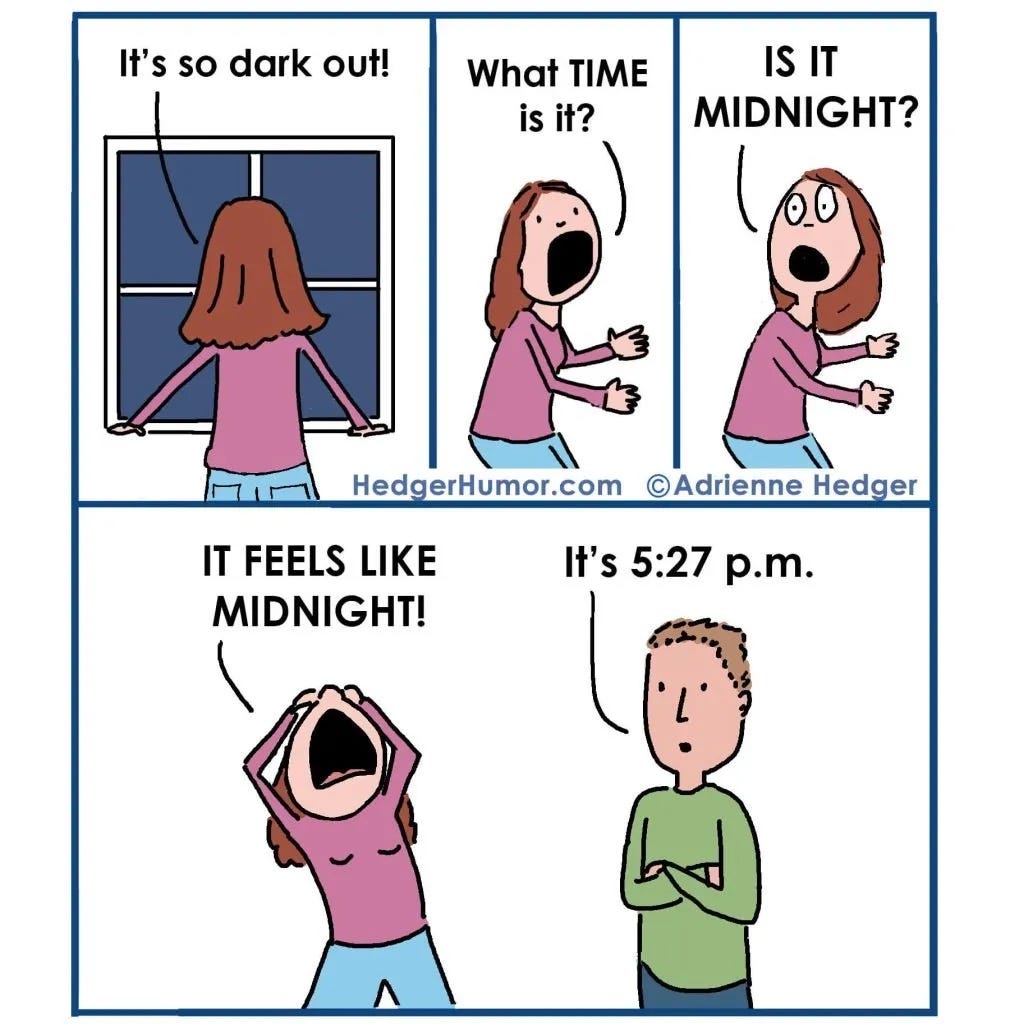Connecting Supplements and Genes
Making it easier to understand the connections between SNPs and supplements
Hi everyone,
One of the most common questions that I get is "Can you tell me which supplements to take for my genes". My usual response is that there are no easy answers here. And then I say "Talk to your doctor" :-)
Just because you have a certain SNP, a certain genetic variant, doesn't mean that you need to take a certain supplement. Instead, it depends on your age, health, lifestyle, diet, etc.
My goal with Genetic Lifehacks is to provide members with the highest quality information on genetics and health so that you can figure out for yourself what works best.
But it hit me that if members really want more easy-to-understand information about supplements and genes, then I need to find a way to provide those genetic connections (and not make excuses about there being no easy answers).
While I'm never going to tell you that if you have ( fill in the blank) SNP you need to take X supplement, I am working to make it easier to understand the research and connections between the big picture of genetic variants and supplement optimization.
The article below is just the first in my effort to make these connections. Let's say you've seen an article or video somewhere telling you how great ashwagandha is for sleep. The Supplements and Genetic Connections article will help you to understand which genes interact with ashwagandha in a positive way, and it highlights the genetic reason why someone might want to avoid ashwagandha. All with links back to the full article so that you know where to go for more in-depth information.
The other change that I've been working on for the past few weeks is adding information about independent lab testing of supplement brands. I'm including information from ConsumerLab.com and LabDoor about the brands that they've tested for heavy metal content and label accuracy. There are so many options out there for any given natural supplement, and I want to help members avoid supplements that aren't high quality.
By the way, when it comes to supplements, I find it best to remember that they are just that - supplemental. For example, I take methylfolate when I know my diet is lacking in folate, or, in the case of vitamin D, I add it when the sun is sorely lacking in Montana in November.
I recently read an article about counterfeit supplements being sold on Amazon. ConsumerLab.com has some good advice that I wanted to share about buying supplements on Amazon or WalMart.com: "Be sure that it is "Sold By" the actual brand". They have a list of the Amazon store names of various supplement companies in the article. [https://www.consumerlab.com/an...]
Gratefully yours,
~ Debbie
New articleSupplements with Genetic Connections
Genetic variants, along with clinical trials and quality research studies, can help you narrow down the natural supplements that may actually help – versus the supplements that are likely a waste of money. Genes can also come into play with whether you’re likely to have side effects from a supplement.
Below are links to Genetic Lifehacks articles that reference specific natural supplements. My goal here is to highlight the different genes, as well as the various health topics, that interact with a supplement.
Please be sure to click through to the full article on the supplement. It contains additional information on clinical trials, safety, lab tests on supplement brands, and other considerations.
What I've been reading:
1) Untangling the genetics that underlie our facial features
Knowable Magazine article on the hundreds of genetic variants that add up to make our faces unique.
I came across this study while working on an article about HLA genes (coming soon) and found the study fascinating.
The SNP in this HLA-F gene is associated with the average length of time it takes to get pregnant. Depending on the variant, the average time to pregnancy ranged from 2 months to 6 months -- quite a range! This HLA immune system gene is likely important in how the mother's body either rejects or tolerates the embryo, due to the non-self DNA.
I added the rs id for the HLA-F variant in the study to this Trying to Get Pregnant article, if you would like to see your genotype for it.
I found this funny -- the sun sets really early in Montana this time of year, especially living in a valley between mountain ranges.
Click the image to go to the comic artist's website.






